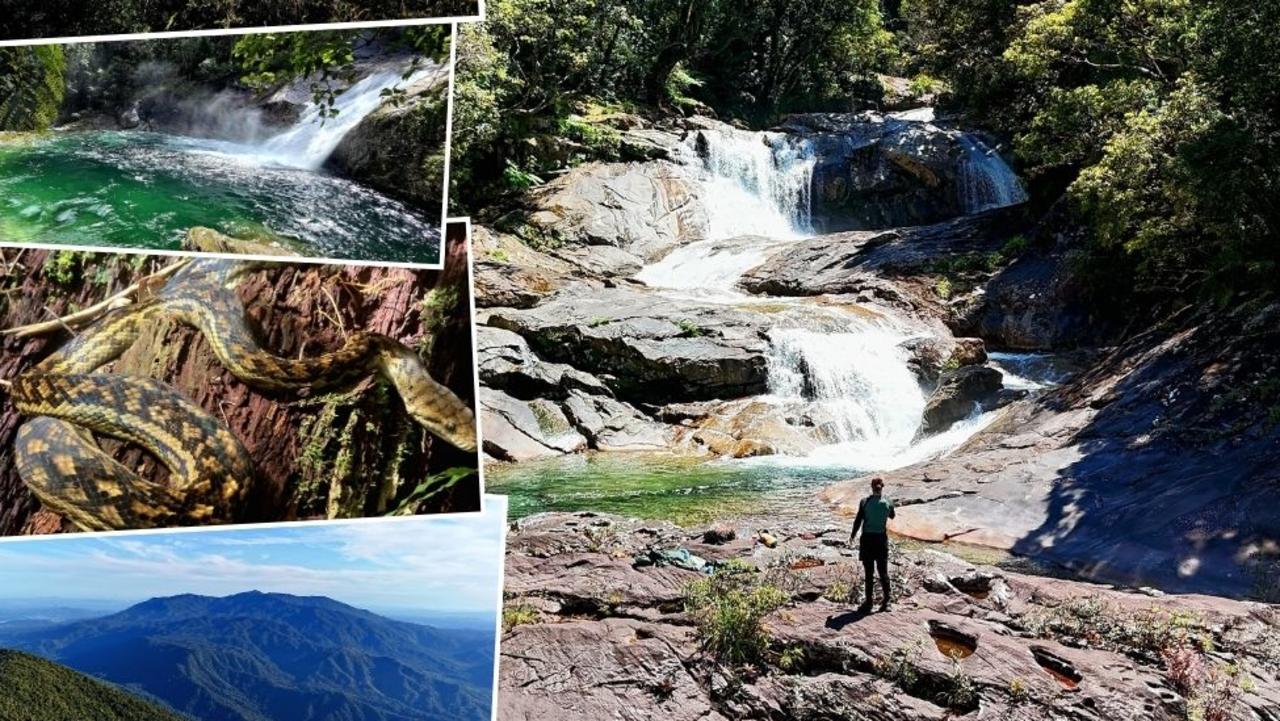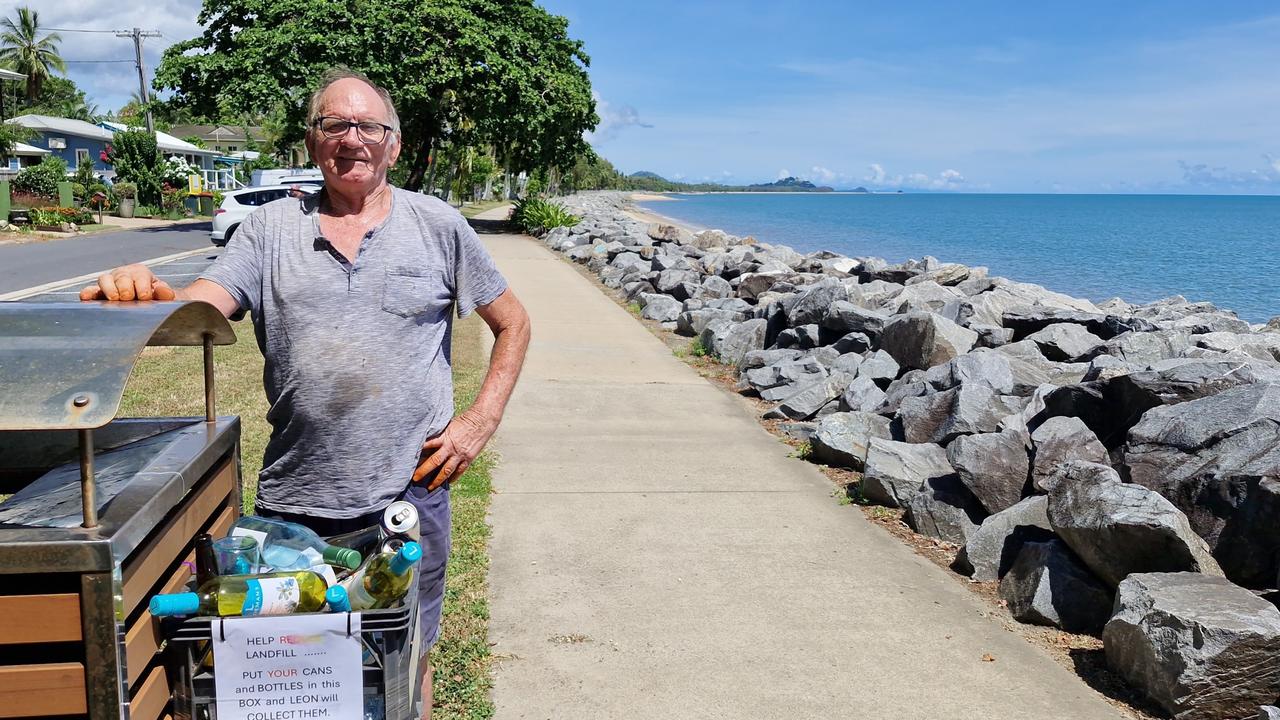Making Queensland Safer Bill public hearing snubs Far North and Indigenous communities
The new state government will have missed an opportunity to “effectively” address youth crime by not directly consulting with Far North Indigenous communities, an advocate says.
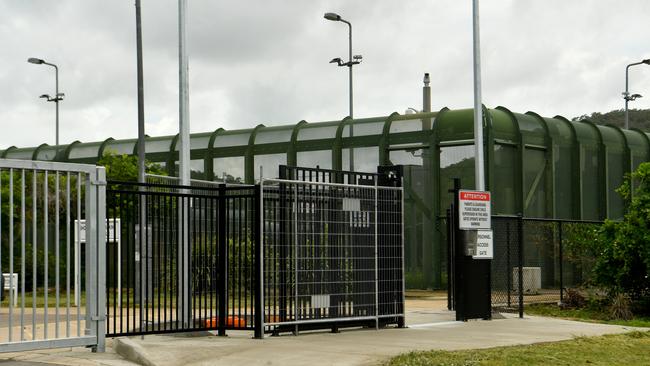
Cairns
Don't miss out on the headlines from Cairns. Followed categories will be added to My News.
The new state government will have missed an opportunity to “effectively” address youth crime by not directly consulting with Far North Indigenous communities, an advocate says.
The Making Queensland Safer Bill aims to amend the Youth Justice Act to introduce “adult crime, adult time” and remove the principle of detention as a last resort.
It was open for public submissions between November 28 and December 3 with just one public hearing outside Brisbane, held in Townsville on Tuesday.
But Cairns-based Aboriginal affairs advocate Jack Wilkie-Jans questioned how effective the policy would be without on-ground discussions with Far North Indigenous elders and community leaders.
An August Detection Inspection Report found 97 per cent of children incarcerated at Townsville’s Cleveland Youth Detention Centre were Aboriginal or Torres Strait Islander.
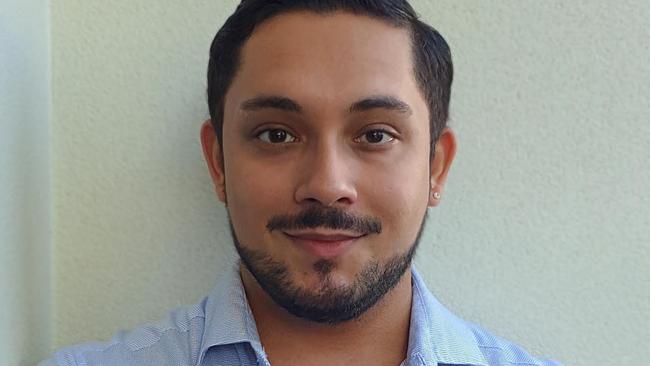
“The government has missed out on any opportunity to truly address and resolve the issues at hand – which go far beyond sentencing,” Mr Wilkie-Jans said.
“With over ten years since the LNP was last in government, anybody would be fools to think this issue can be resolved satisfactorily in a mere 100 days – let alone the new look parliament’s first sitting.
“Sentencing is only one part of the equation, there needs to be equal emphasis on crime prevention and early response diversion. I call on the Queensland Government to provide additional support to expand the capacity and remit of the Murri Court apparatuses and community justice groups.”
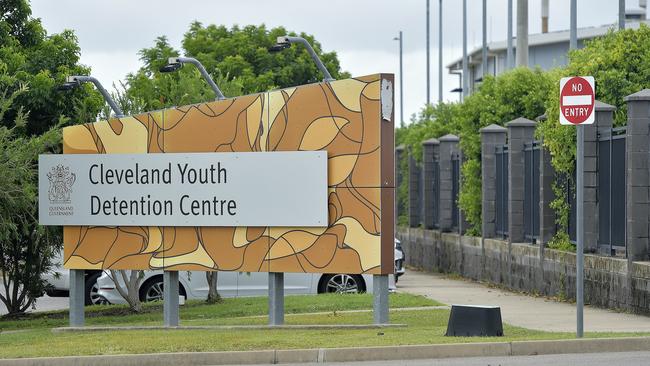
The explanatory notes for the bill read the “cost” of the legislation could include increased demand for corrective services and detention centres and the government would “monitor” those demands.
Mr Wilkie-Jans said overcrowding in the north’s only youth detention centre was already an issue, and the new laws lacked details on rehabilitation offerings within facilities and “return to country” initiatives.
“What frameworks within correctional facilities or prisons will be established to ensure young people sentenced to time can engage in rehabilitation and mental health services?” he said.
“We haven’t the correctional facilities to house what could potentially be a wave of imprisonments to come, and so our prisons will be further overcrowded and un-manageable.”
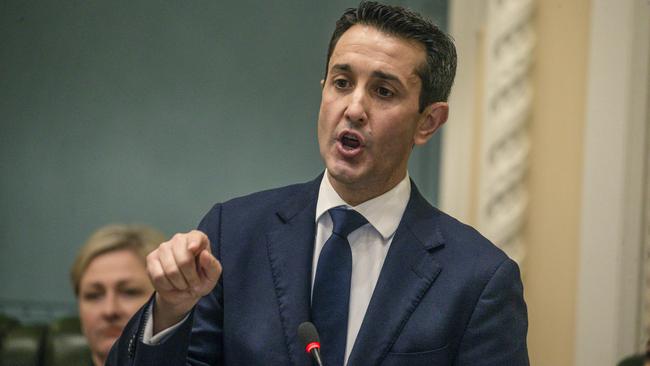
Premier David Crisafulli was asked about his plans for housing a potential increase of youth offenders should his new laws pass, and what efforts were made to directly consult with Far North Indigenous communities.
A spokesman for Youth Justice Minister Laura Gerber responded, saying adult time, adult crime laws were about holding serious youth criminals to account.
“Restoring consequences for actions with the Making Queensland Safer Laws is just one part of our plan to restore safety where you live,” the spokesman said.
“Gold standard early intervention and effective rehabilitation are critical to turning young lives away from crime and reducing recidivism.”
More Coverage
Originally published as Making Queensland Safer Bill public hearing snubs Far North and Indigenous communities



